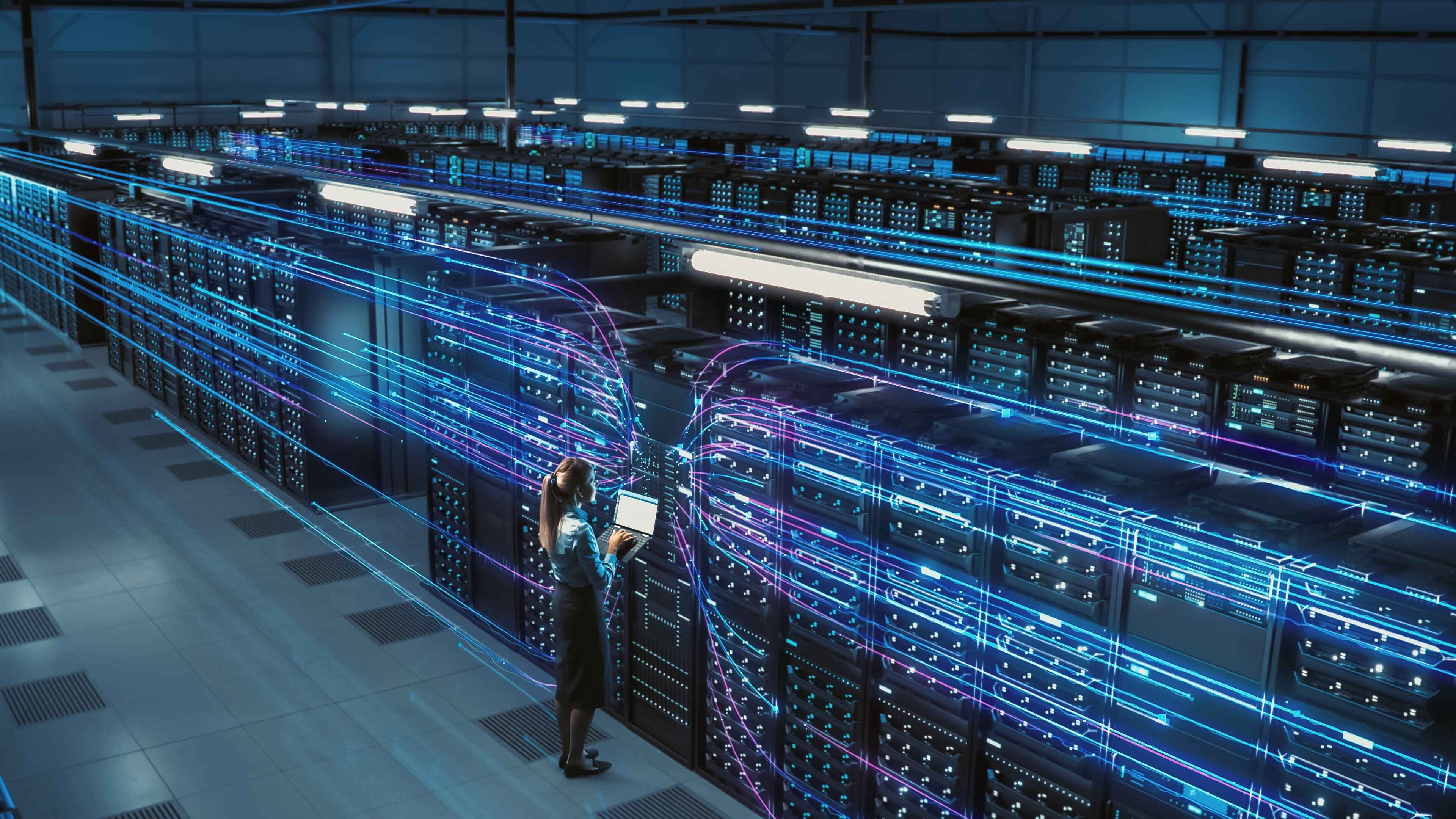

Writing About AI
Uvation
Reen Singh is an engineer and a technologist with a diverse background spanning software, hardware, aerospace, defense, and cybersecurity. As CTO at Uvation, he leverages his extensive experience to lead the company’s technological innovation and development.

AI servers are a new generation of servers equipped with advanced machine learning capabilities that are fundamentally changing how data is processed, managed, and utilised in data centres. Unlike traditional servers, they are designed to efficiently handle and analyse vast datasets with unprecedented speed and accuracy. This transformation goes beyond just speed and efficiency, redefining the entire landscape of modern computing by enhancing performance, scalability, and security across various industries.
The integration of AI servers offers several significant benefits:
AI servers integrate machine learning models into their architecture, allowing them to continuously learn and adapt from the data they process, thereby improving efficiency and accuracy over time. Key components that differentiate them include:
Several AI servers are recognised for their performance and reliability, including:
AI servers are having a profound impact across numerous sectors:
The future of AI servers is marked by continuous advancements and several key trends:
AI servers contribute to environmental sustainability primarily through their enhanced energy efficiency. By leveraging machine learning algorithms to optimise resource allocation and manage workloads more effectively, they significantly reduce the energy consumption of data centres. This not only lowers operational costs for businesses but also plays a crucial role in mitigating the environmental impact associated with the vast power requirements of modern computing infrastructure.
AI servers are indispensable in modern computing due to their ability to handle complex computations, analyse vast amounts of data with unprecedented speed and accuracy, and automate maintenance tasks. Their enhanced performance, scalability, and security capabilities redefine how data is processed, managed, and utilised. As AI technology continues to evolve, these servers are at the forefront of driving progress across various industries, making them a crucial leap into the future of computing.
We are writing frequenly. Don’t miss that.

Unregistered User
It seems you are not registered on this platform. Sign up in order to submit a comment.
Sign up now